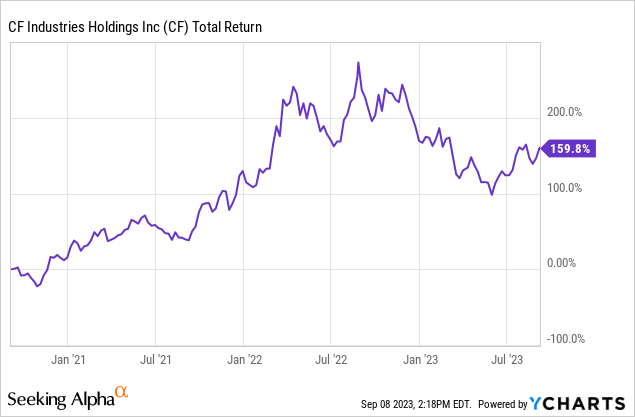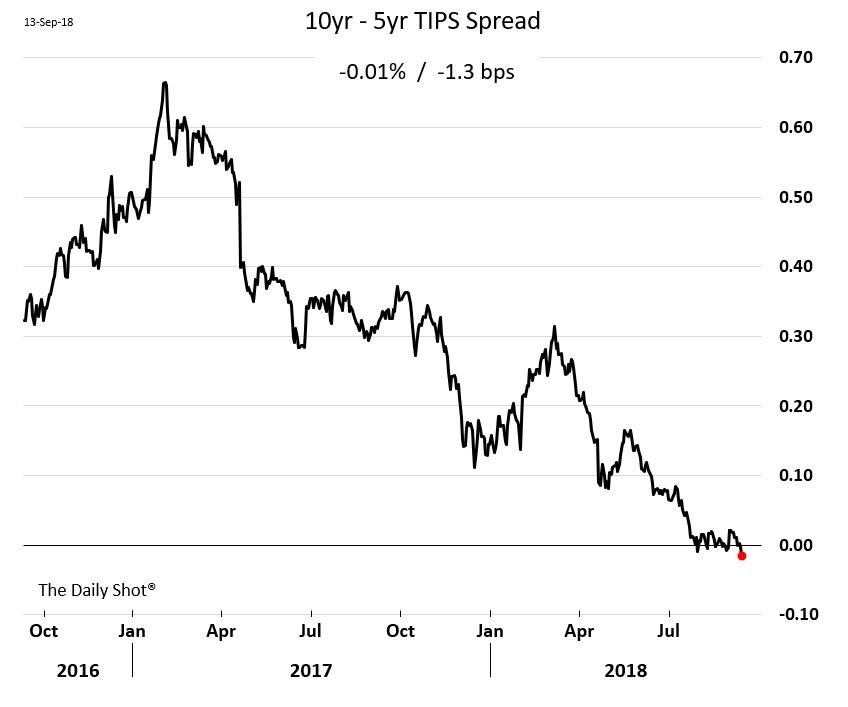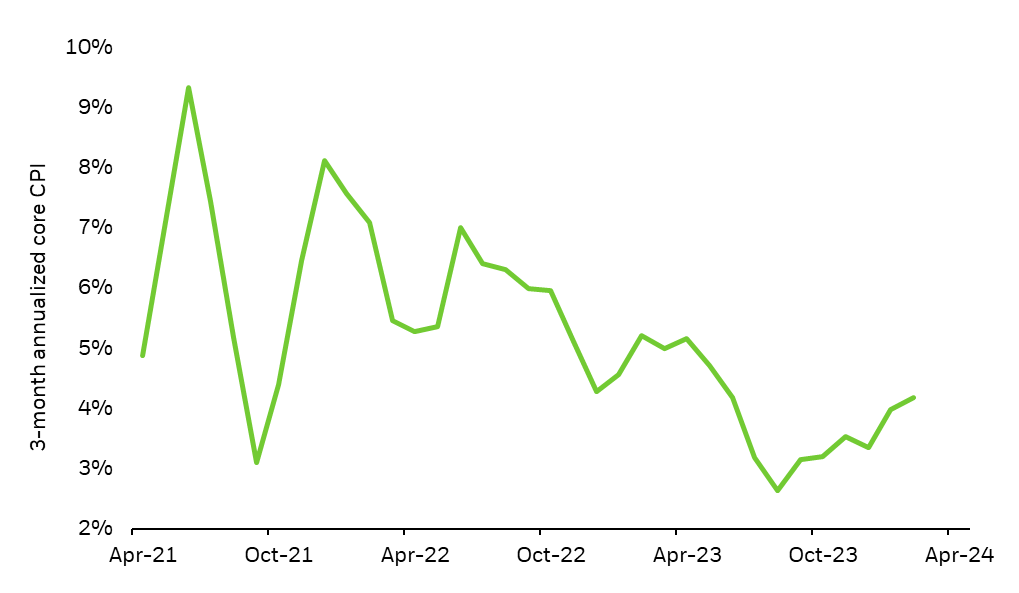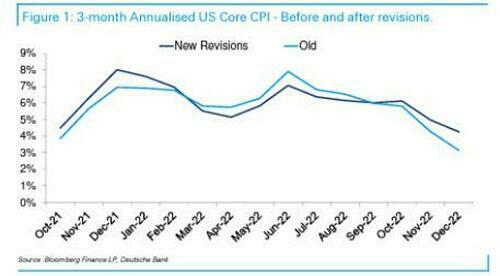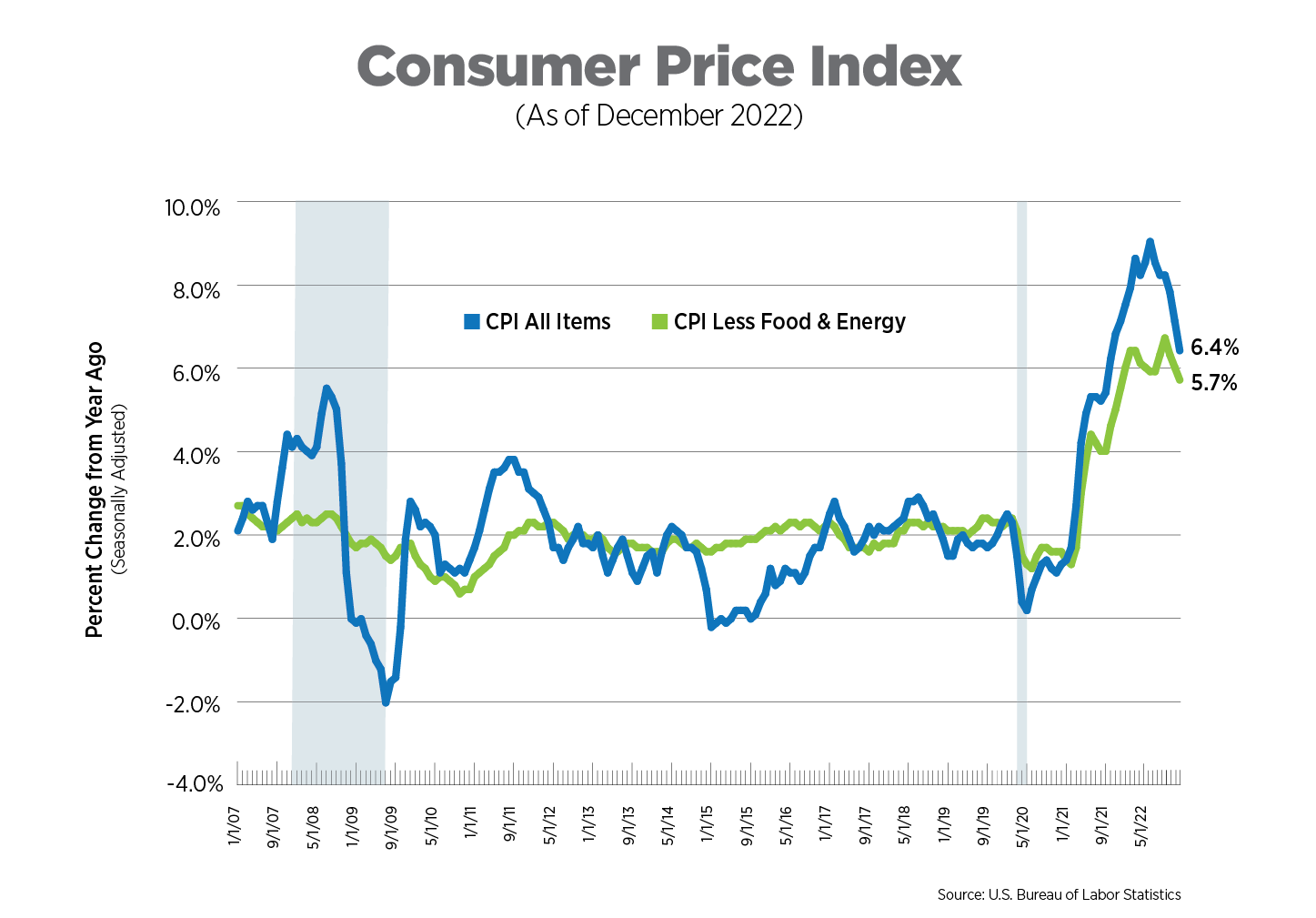The U.S. Department of Labor's Bureau of Labor Statistics (BLS) has released the
Consumer Price Index (CPI) report for January 2025, providing valuable insights into the current state of inflation and economic trends in the United States. The CPI is a critical measure of the average change in prices of a basket of goods and services consumed by households, and it serves as a key indicator of inflation. In this article, we will delve into the highlights of the January 2025 CPI report, exploring the key findings, trends, and implications for consumers and the economy.
Key Findings of the January 2025 CPI Report
The January 2025 CPI report, available in
PDF format on the BLS website, reveals that the CPI for All Urban Consumers (CPI-U) increased by [insert percentage] percent over the past 12 months. This change reflects the overall inflation rate, which has significant implications for monetary policy, consumer spending, and economic growth. The report also breaks down the inflation rate into various categories, including food, housing, apparel, and energy, providing a detailed understanding of where prices are rising or falling.
Trends and Insights
Analyzing the CPI report, several trends emerge:
-
Food Prices: The index for food at home increased by [insert percentage], driven by higher prices for [specific food items, e.g., meats, dairy products]. In contrast, the index for food away from home rose by [insert percentage], reflecting higher costs for dining out.
-
Energy Prices: Energy indexes saw a [insert percentage] percent change, influenced by fluctuations in gasoline and fuel oil prices. This volatility in energy prices can have a ripple effect on transportation costs and overall consumer expenditure.
-
Housing and Apparel: The shelter index, a major component of the housing category, increased by [insert percentage], contributing to the overall inflation rate. Meanwhile, the index for apparel saw a [insert percentage] change, reflecting shifts in consumer demand and supply chain dynamics.
Implications for Consumers and the Economy
The January 2025 CPI report has several implications for both consumers and the broader economy:
-
Consumer Spending: Rising prices, especially in essential categories like food and housing, can erode consumers' purchasing power, potentially leading to reduced spending in discretionary areas.
-
Monetary Policy: The Federal Reserve closely monitors the CPI as part of its decision-making process regarding interest rates. Higher inflation could prompt rate hikes to curb inflationary pressures, while lower inflation might lead to more accommodative monetary policies.
-
Economic Growth: The inflation rate, as indicated by the CPI, is a key factor in assessing the health of the economy. Moderate inflation is often seen as a sign of a growing economy, but high or volatile inflation can signal underlying issues that need to be addressed.
The January 2025 Consumer Price Index report from the U.S. Department of Labor provides a snapshot of the current inflation landscape in the United States. By examining the trends and insights from the report, consumers, policymakers, and businesses can better understand the economic environment and make informed decisions. Whether you're a consumer looking to budget effectively, a business planning for future growth, or a policymaker considering the implications of economic data, the CPI report is an indispensable resource. Access the full report in
PDF format on the BLS website for a detailed analysis of the inflation trends shaping the U.S. economy in early 2025.



